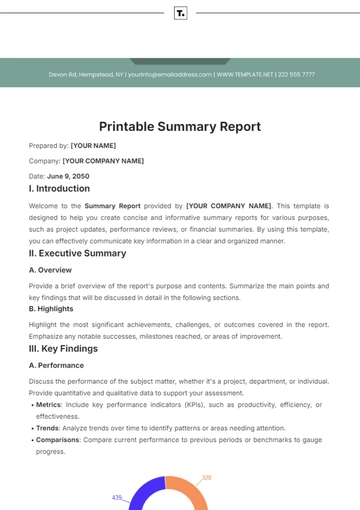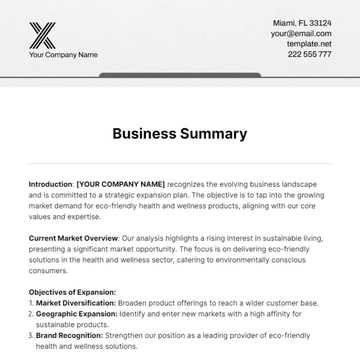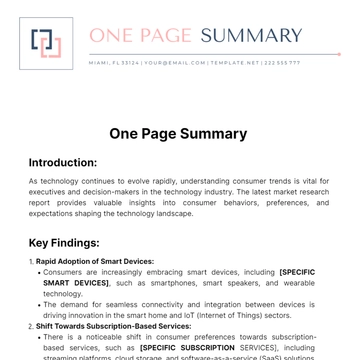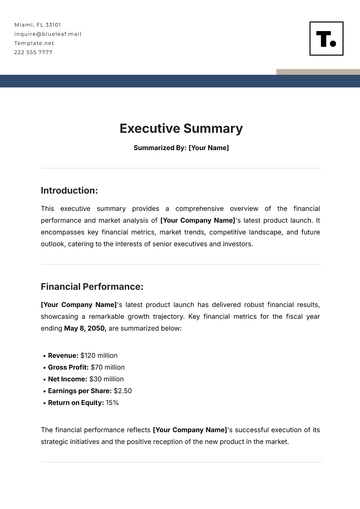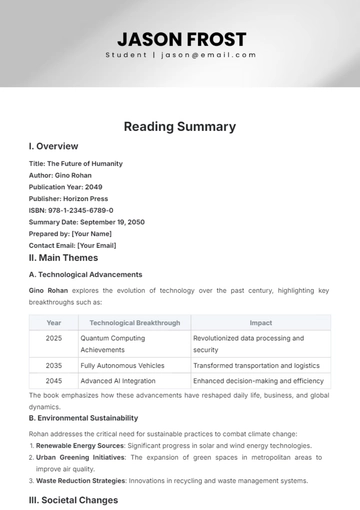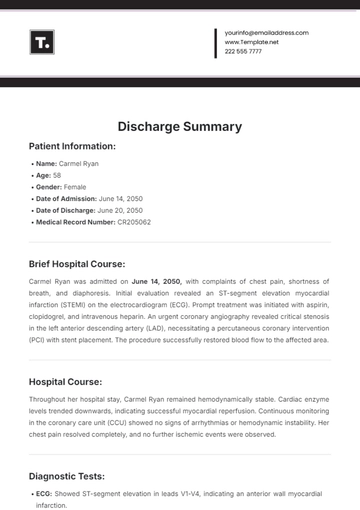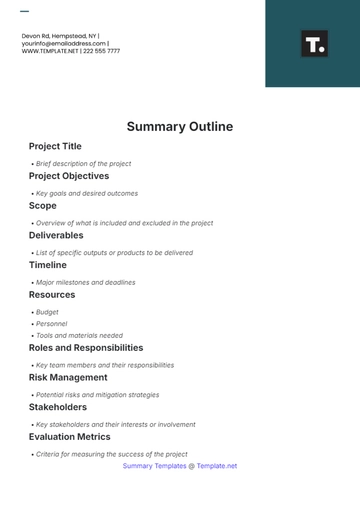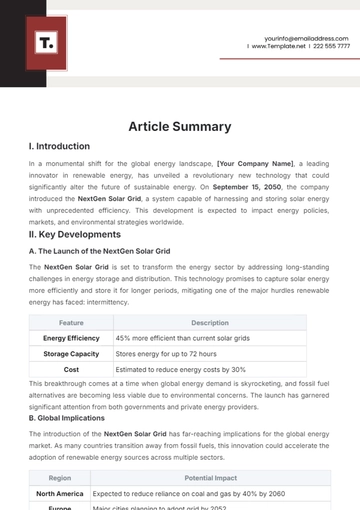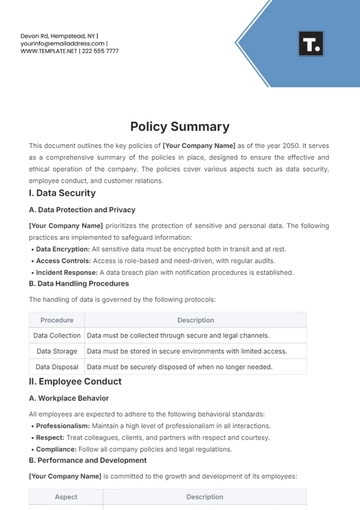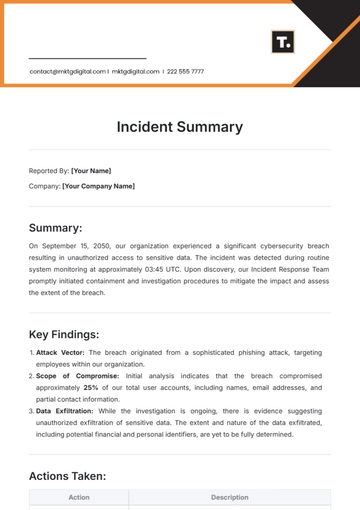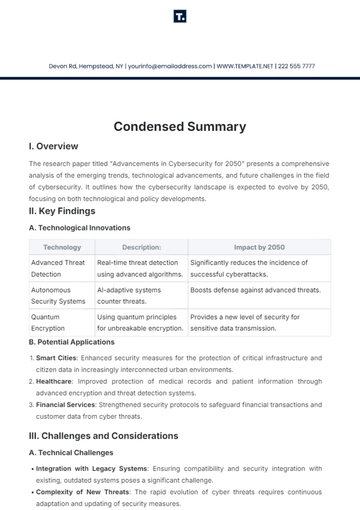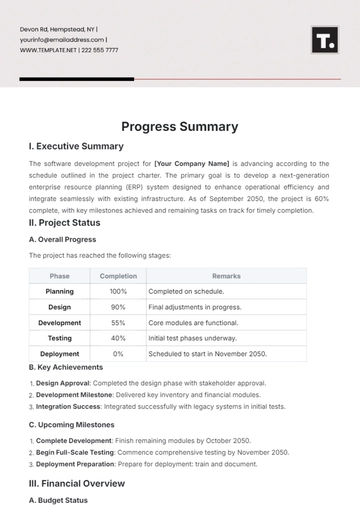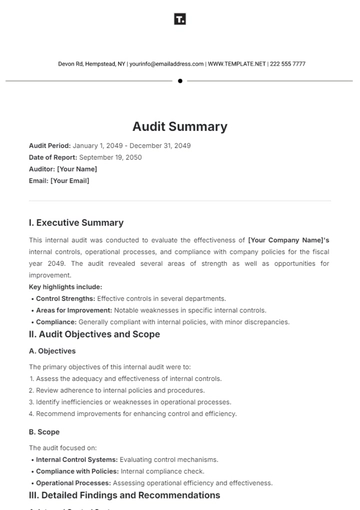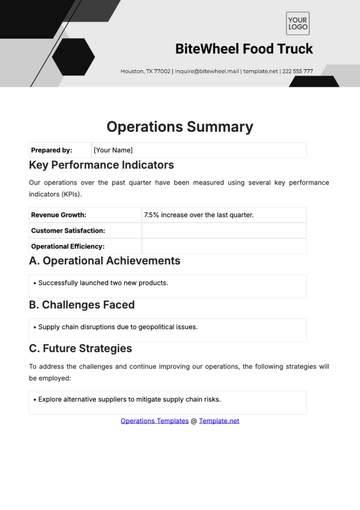Free Thesis Summary
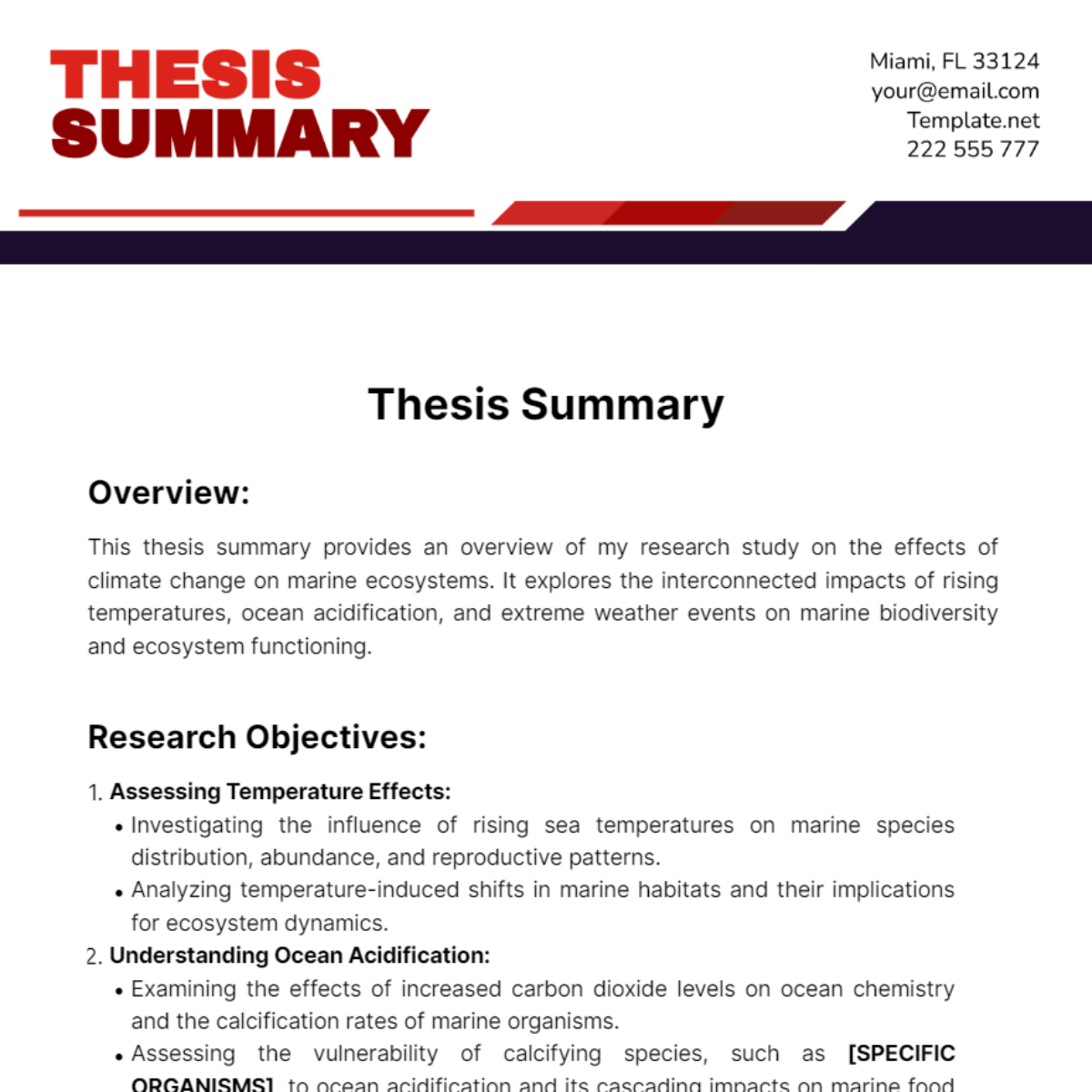
Overview:
This thesis summary provides an overview of my research study on the effects of climate change on marine ecosystems. It explores the interconnected impacts of rising temperatures, ocean acidification, and extreme weather events on marine biodiversity and ecosystem functioning.
Research Objectives:
Assessing Temperature Effects:
Investigating the influence of rising sea temperatures on marine species distribution, abundance, and reproductive patterns.
Analyzing temperature-induced shifts in marine habitats and their implications for ecosystem dynamics.
Understanding Ocean Acidification:
Examining the effects of increased carbon dioxide levels on ocean chemistry and the calcification rates of marine organisms.
Assessing the vulnerability of calcifying species, such as [SPECIFIC ORGANISMS], to ocean acidification and its cascading impacts on marine food webs.
Exploring Extreme Weather Events:
Studying the frequency and intensity of extreme weather events, such as hurricanes and marine heatwaves, and their consequences for marine ecosystems.
Evaluating the resilience of marine habitats and species to extreme events and identifying potential adaptation strategies.
Methodology:
Conducting field surveys, laboratory experiments, and data analysis to investigate temperature effects, ocean acidification, and extreme weather impacts on marine ecosystems.
Utilizing statistical models and ecological indicators to assess changes in species diversity, community structure, and ecosystem services under different climate scenarios.
Key Findings:
Temperature Effects:
Rising sea temperatures are leading to poleward shifts in species distribution, altering species interactions and trophic dynamics.
Thermal stress events, such as marine heatwaves, are causing mass bleaching of coral reefs and declines in coral cover.
Ocean Acidification:
Increased carbon dioxide levels are reducing the availability of carbonate ions, hindering the growth and development of calcifying organisms.
Vulnerable species, such as [SPECIFIC ORGANISMS], are experiencing reduced calcification rates and weakened skeletal structures.
Extreme Weather Events:
Intensification of hurricanes and storm surges is causing coastal erosion, habitat loss, and disruption of marine ecosystems.
Marine heatwaves are triggering shifts in species abundance and distribution, with implications for fisheries and ecosystem productivity.
Implications and Recommendations:
The findings of this research underscore the urgent need for climate mitigation efforts to reduce greenhouse gas emissions and limit further warming of the oceans.
Implementing adaptive management strategies, such as marine protected areas and habitat restoration initiatives, can enhance the resilience of marine ecosystems to climate change impacts.
Conclusion:
This research study provides valuable insights into the complex interactions between climate change and marine ecosystems. By understanding the underlying mechanisms driving ecosystem changes, we can develop informed conservation and management strategies to safeguard marine biodiversity and ecosystem services for future generations.
Summarized By:
[YOUR NAME]
- 100% Customizable, free editor
- Access 1 Million+ Templates, photo’s & graphics
- Download or share as a template
- Click and replace photos, graphics, text, backgrounds
- Resize, crop, AI write & more
- Access advanced editor
Introducing our Investment Summary Template, exclusively from Template.net. Crafted for efficiency, it's both editable and customizable, offering seamless adaptability to your financial needs. Tailor your summaries effortlessly using our Ai Editor Tool. Elevate your presentations with precision and professionalism. Get started today and make your data speak volumes.



